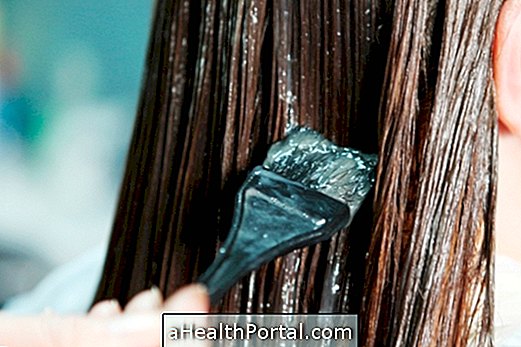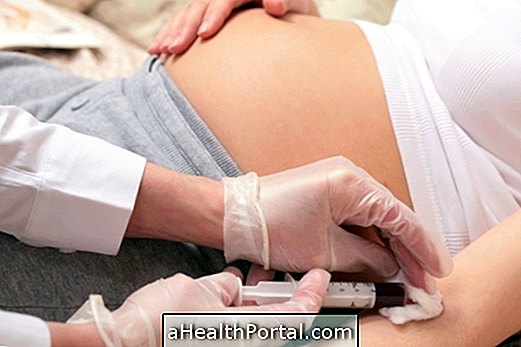Gingivitis, characterized by inflammation and bleeding gums when brushing teeth, is a very common situation during pregnancy, especially due to the hormonal changes that occur after the second month of gestation, which make the gums more sensitive.
Thus, gingivitis in pregnancy is usually not a sign of poor oral hygiene, which can happen even when the level of bacteria is normal and the pregnant woman correctly brushes her teeth. The main symptoms include:
- Red and swollen gums;
- Easy bleeding of gums when chewing or brushing teeth;
- Intense or constant pain in the teeth;
- Bad breath and bad taste in the mouth
Gingivitis should be treated as soon as possible because if it continues to develop, it can lead to complications such as increased risk of preterm or low birth weight in the baby at birth.

What to do in case of gingivitis
The most important is to keep proper home treatment, including care such as:
- Brush your teeth at least 2 times a day using a soft bristle brush;
- Flossing the tooth 1 time a day, after brushing the teeth;
- Use an alcohol-free mouthwash after brushing your teeth;
However, if gingivitis continues to worsen or gum pain and bleeding continues, it is advisable to see a dentist, as it may also be necessary to do a professional cleaning of the bacterial plaque.
In some cases the dentist may recommend using a toothpaste for sensitive teeth, such as Sensodyne, for example, and using extremely thin dental floss to reduce irritation and chances of bleeding gums.
After the baby is born it is recommended that the woman return to the dentist to see if the gingivitis has not returned or if there are no other dental problems such as cavities, requiring a filling or canal.
























